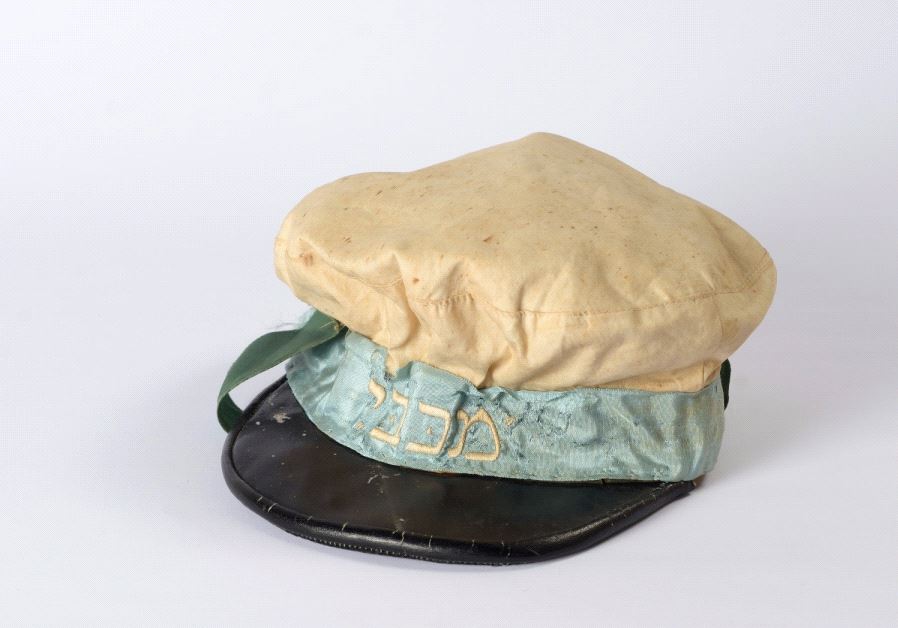Family of cyclist from 1935 Maccabiah Games donates hat to Yad Vashem
Polish sportsman’s decision to stay in Israel after Games likely saved his life.
 Polish-Jewish sports cap pre-war (photo credit: COURTESY OF YAD VASHEM ARTIFACTS COLLECTION)Updated:
Polish-Jewish sports cap pre-war (photo credit: COURTESY OF YAD VASHEM ARTIFACTS COLLECTION)Updated: